The Lionesses have paused their bonus discussions ahead of the Women’s World Cup - here's why
The squad have shared their disappointment over the lack of agreement.
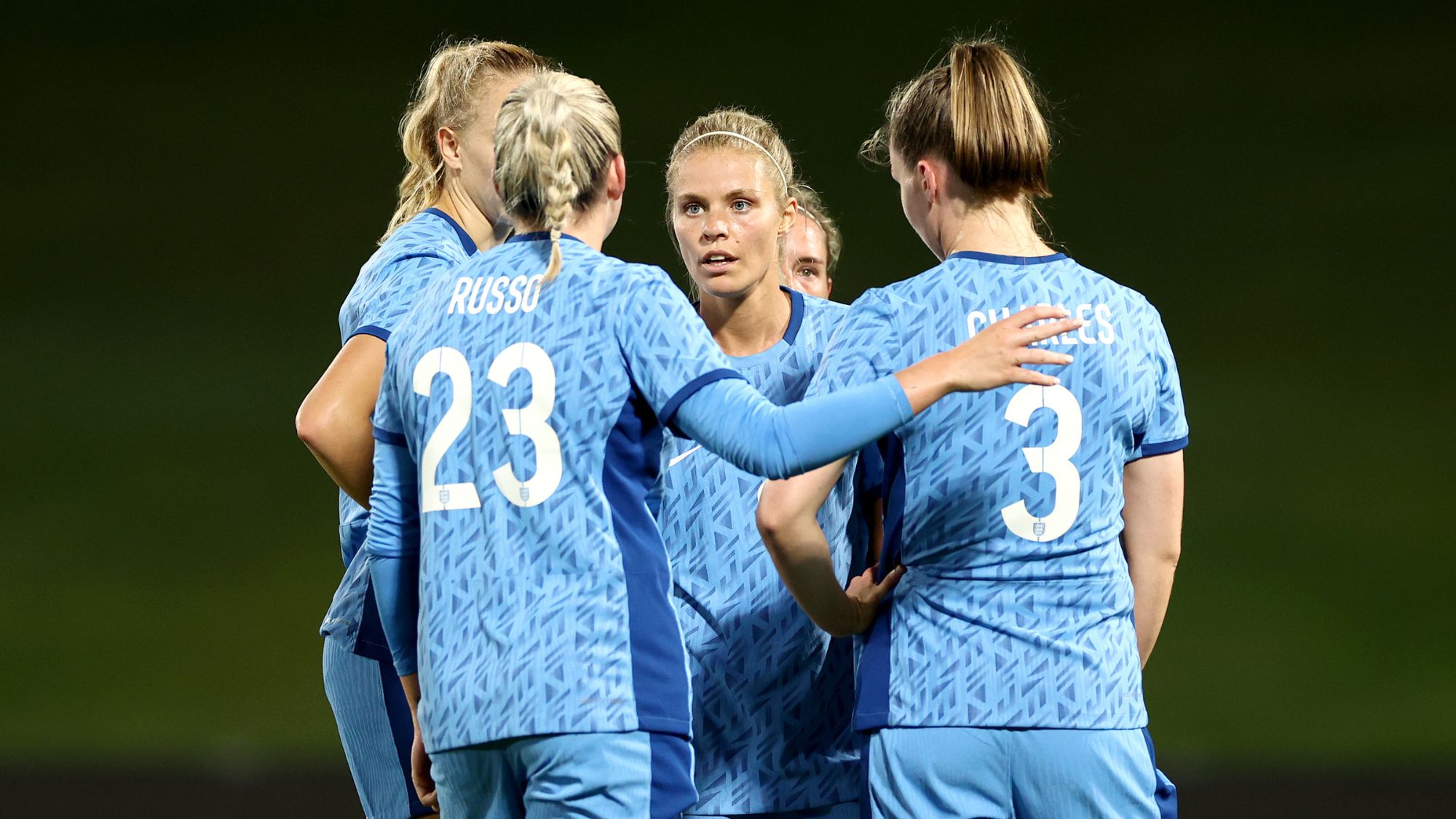

With the Women's World Cup just a mere two days away, the England Women's team has announced they have decided to pause conversations with the FA over performance-related bonuses.
They've been at the centre of a bonus row for months now and, in a statement shared by the Lionesses' current Captain, Millie Bright, on social media, have now expressed their "disappointment" that no resolution had been achieved pre the tournament.
In the statement signed by each of the 25 England players currently in Brisbane, they wrote: "Last year, we presented the FA with concerns relating to our bonus and commercial structures. The hope was that discussions would lead to a solution before the commencement of the World Cup."
"We view the successful conclusion of these discussions, through player input and a transparent long-term plan, as key for the growth of women's football in England."
Continuing to reflect how no such conclusion has yet been met, they shared they would be pausing negotiations until after the World Cup - "with full intentions of revisiting them following the tournament."
Why England players have paused bonus discussions ahead of the World Cup
The team have been joined by Canada and Nigeria, who are holding similar discussions with their own national associations.
So far, the FA have failed to agree on a clear bonus structure ahead of the tournament - something the Lionesses have petitioned hard for.
Marie Claire Newsletter
Celebrity news, beauty, fashion advice, and fascinating features, delivered straight to your inbox!
This year, the Women's World Cup will offer athletes from every competing nation bonuses for their performance. This marks a world first from organisers Fifa and will see athletes paid anything from £23,0000 to £206,000, depending on how far they get.
While this is a big increase from previous years - the total amount totals £84 million compared to £23 million for the 2019 World Cup - it's still a far cry from what the men get paid (their total prize pot was £337.55 million for last year's iteration of the tournament).
A post shared by Millie Bright (@mbrighty04)
A photo posted by on
Speaking exclusively to Marie Claire UK for our Women in Sport special earlier this month, both Mille and Mary - the Captain and Vice-Captain - were keen to point out that the men's and women's games are totally different sports. They're not demanding equal pay to men - rather, they "just want to be compensated fairly," shares Earps.
Bright maintained that while there are good wages out there for female footballers, it’s about making sure every female footballer is offered that. “It's making sure that the lower clubs are able to financially provide for their players and offer adequate facilities,” she asserts. “It's more than just money. The whole system needs to be at the same rate - the bottom of the league needs to operate in the same way as the top of the league.”
With some players also missing out on bonuses and having restrictions on which personal sponsorships they're allowed to accept, the overall prize earnings have also been criticised.
Following the Lionesses’ statement, the Professional Footballers’ Association (PFA) has responded in support of the athletes.
“Although the issues the Lionesses have highlighted are specific to the negotiations with the FA, they join players from a number of countries at the World Cup who are prepared to make a stand when they don’t think they are being listened to,” said the PFA’s CEO Maheta Molango.
“It’s a massive mistake to underestimate the genuine strength of player feeling on these issues. It’s no coincidence that this is a particular issue for nations where there is no proper collective bargaining agreement in place between players and governing bodies."
“These longer-term agreements require negotiation and will nearly always involve difficult conversations. But when they are completed, they ensure a far higher degree of stability and security. They mean that everyone knows where they stand, and that’s obviously a massive advantage going into major tournaments when players just want to be focused on the football."
“There will always be consequences when players feel they are having to come back issue by issue to push for parity and progress. It doesn’t need to be like this.”
Here's hoping that the FA resolves the discussion straight after the World Cup has finished.

Sofia Piza is the Fashion Writer at Marie Claire UK. With extensive experience and a degree in Fashion Journalism, she covers runway trends, shopping picks, celebrity fashion, and industry news.
Throughout her career, Sofia's work has ranged from in-depth interviews with industry experts and high-profile celebrities to creative production for editorial cover shoots and red-carpet coverage. Born in Mexico and raised in five countries, Sofia's multicultural upbringing has fed into her interest in international markets, leading her fashion week coverage across London, Milan, Paris, New York, and Copenhagen.
When she's not sourcing inspiration from social media, you will find Sofia anywhere from a local vintage market to busy central London streets, people watching to make sure she brings you the latest trends, from the best denim pieces to the must-have investment bags- the possibilities are endless.
-
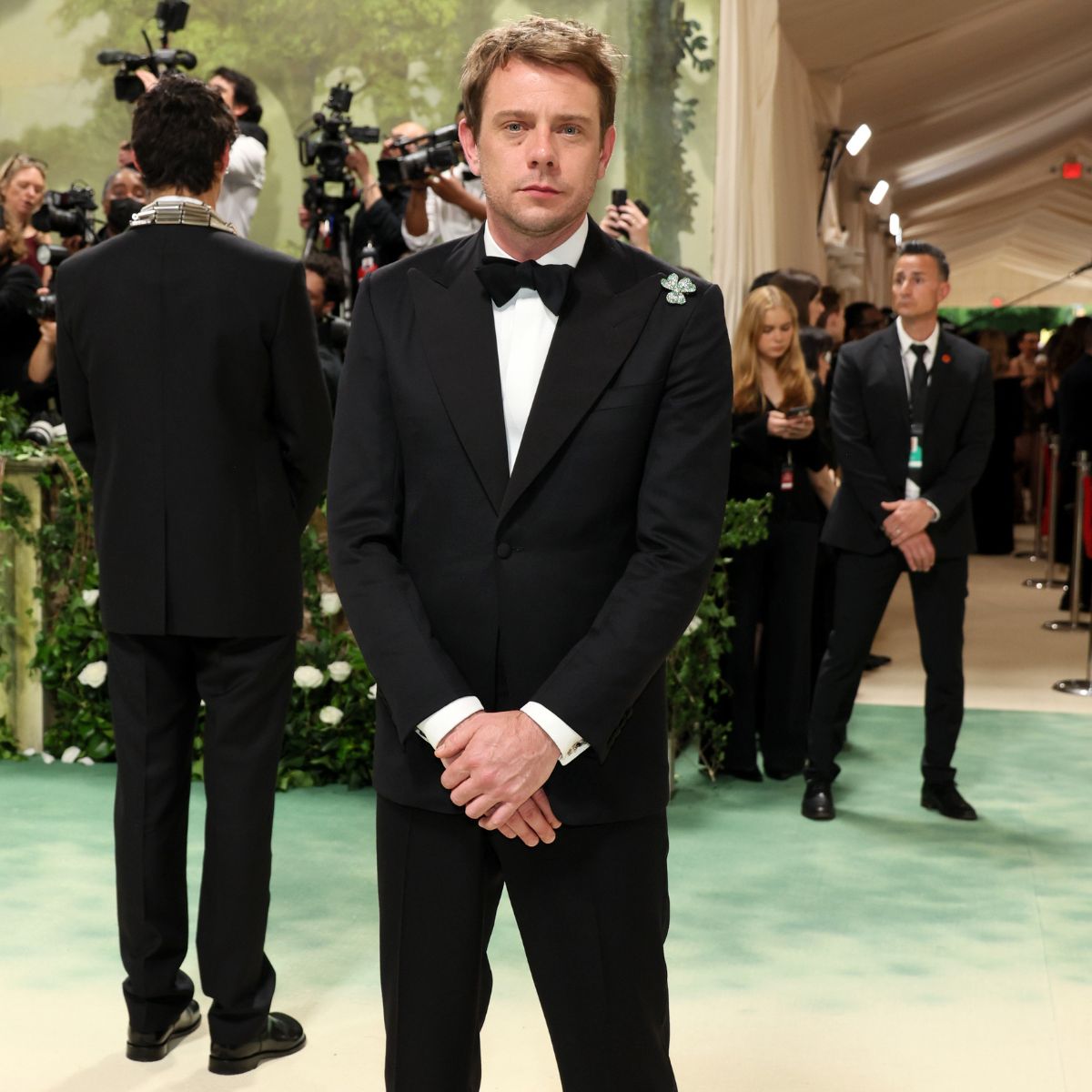 Jonathan Anderson is going to Dior Men
Jonathan Anderson is going to Dior MenHis debut collection will be this June
By Mischa Anouk Smith
-
 I'm a 2025 bride and these are the best affordable wedding dresses I've found
I'm a 2025 bride and these are the best affordable wedding dresses I've foundLess than £1,000 but still the height of chic
By Sofia Piza
-
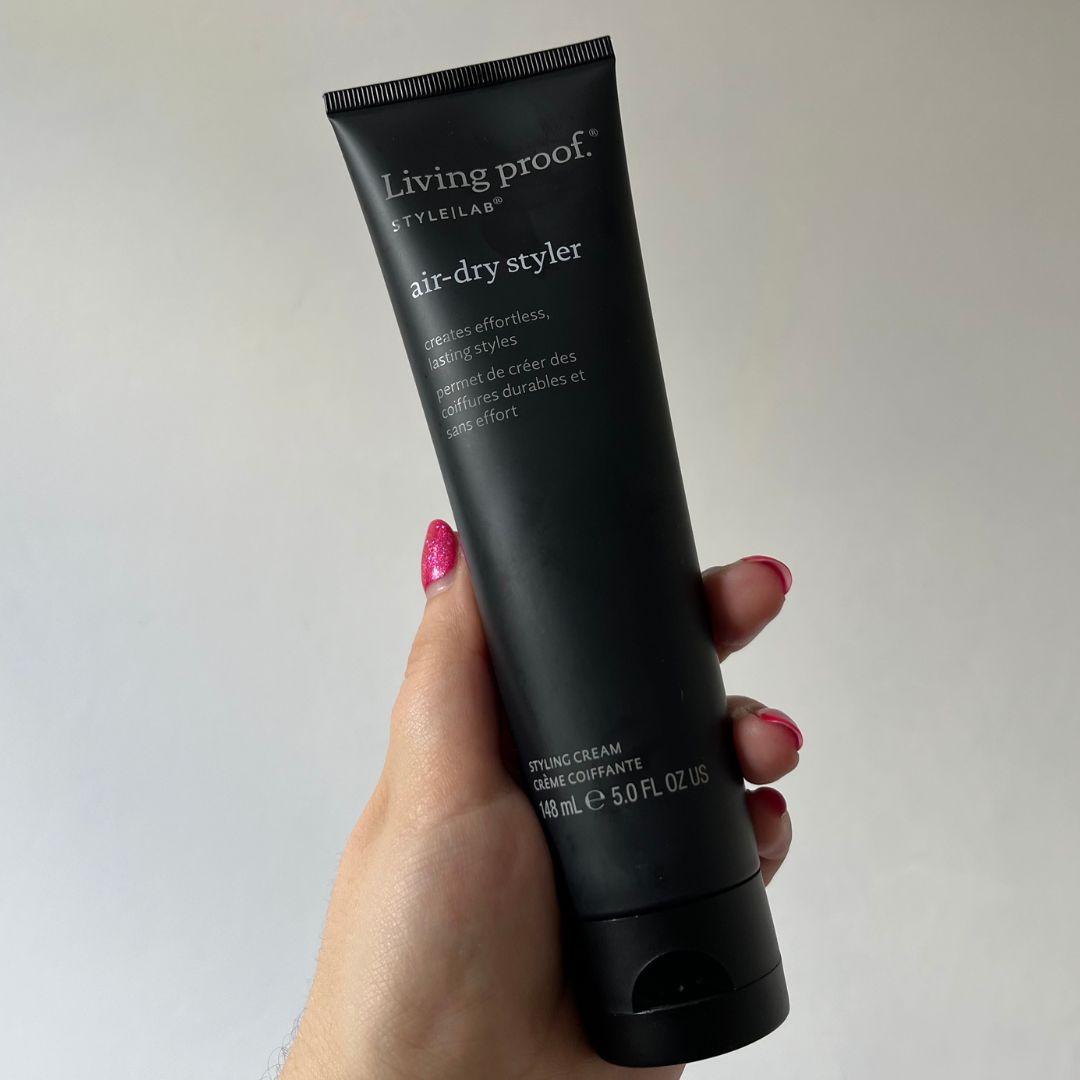 I haven't worn my hair completely natural for years, but this air-dry styling cream has made me love my waves again
I haven't worn my hair completely natural for years, but this air-dry styling cream has made me love my waves againI will never be without this
By Amelia Yeomans
-
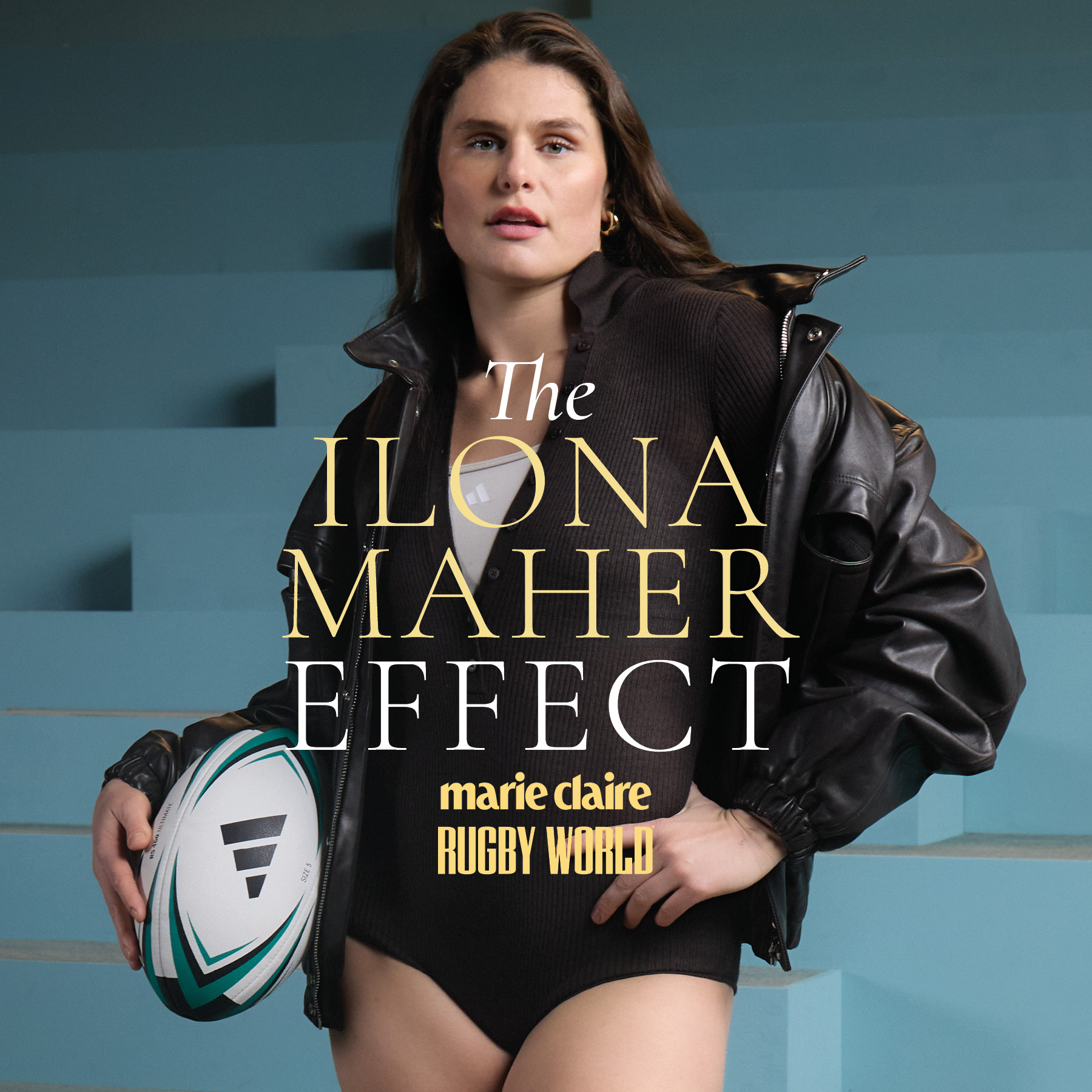 Introducing Global phenomenon, Olympic medallist and rugby icon Ilona Maher
Introducing Global phenomenon, Olympic medallist and rugby icon Ilona MaherBy Ally Head
-
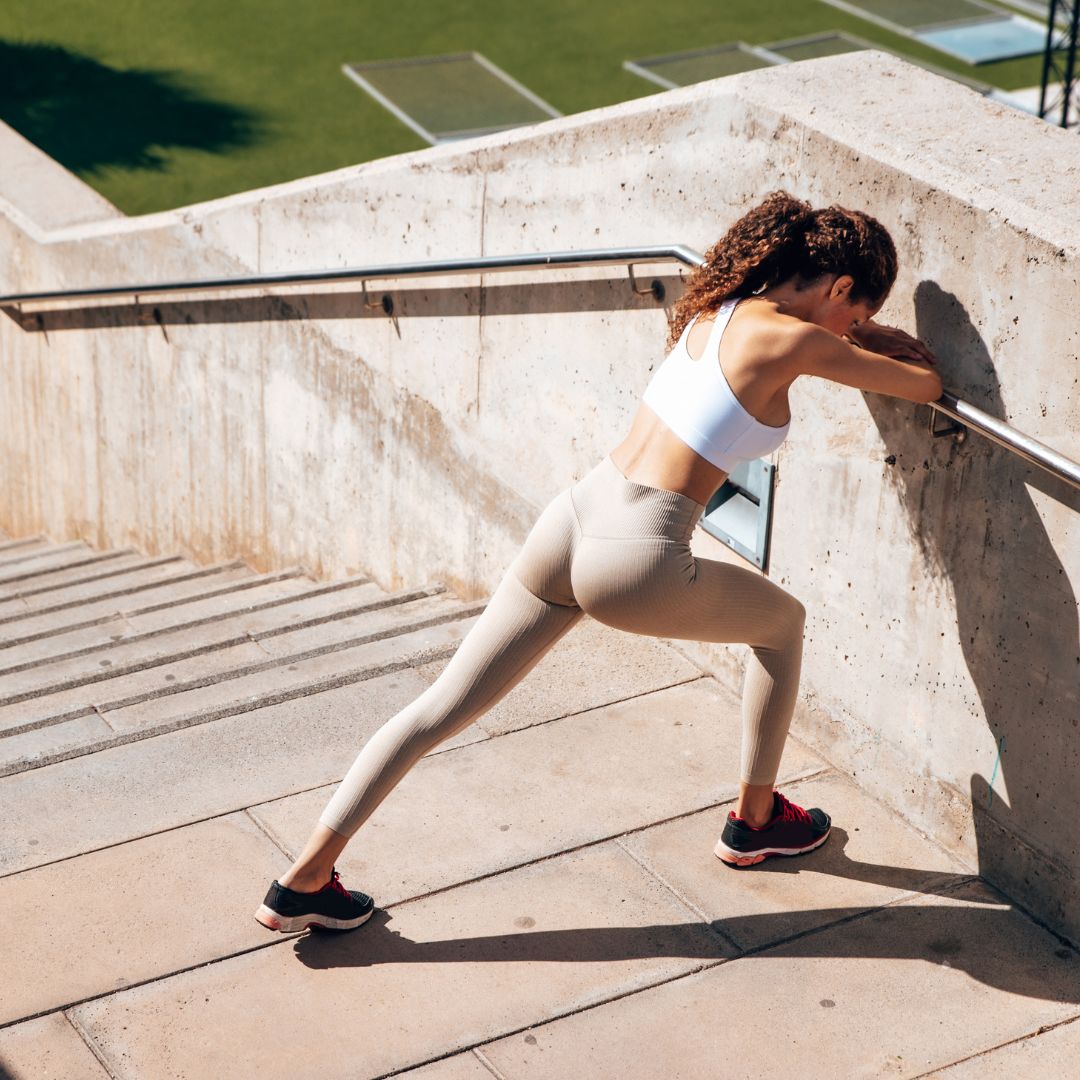 We asked a record-breaking athlete for her 10km training tips - trust us, you're almost guaranteed a new PB with this advice
We asked a record-breaking athlete for her 10km training tips - trust us, you're almost guaranteed a new PB with this adviceKeen to up your speed?
By Ally Head
-
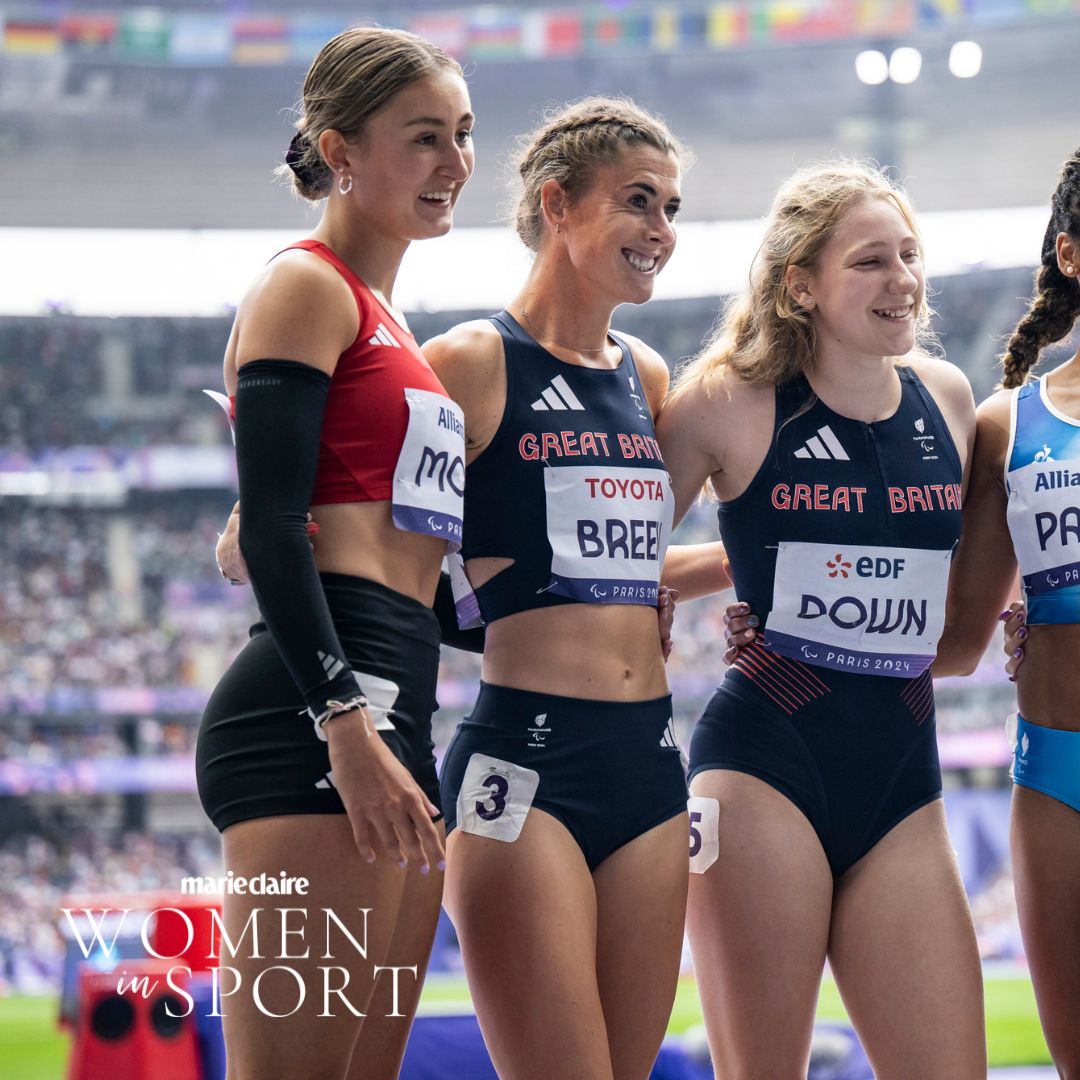 As the Paralympics finishes, Livvy Breen chats following your dreams, owning your strengths, and never giving up
As the Paralympics finishes, Livvy Breen chats following your dreams, owning your strengths, and never giving upThe three-time Paralympian chats to MC UK.
By Ally Head
-
 Lauren Steadman: "I use sport as a vehicle - I might have an arm missing, but I'm just as strong as you are."
Lauren Steadman: "I use sport as a vehicle - I might have an arm missing, but I'm just as strong as you are."The Paralympic champion and MBE owner discusses her most important life lessons.
By Ally Head
-
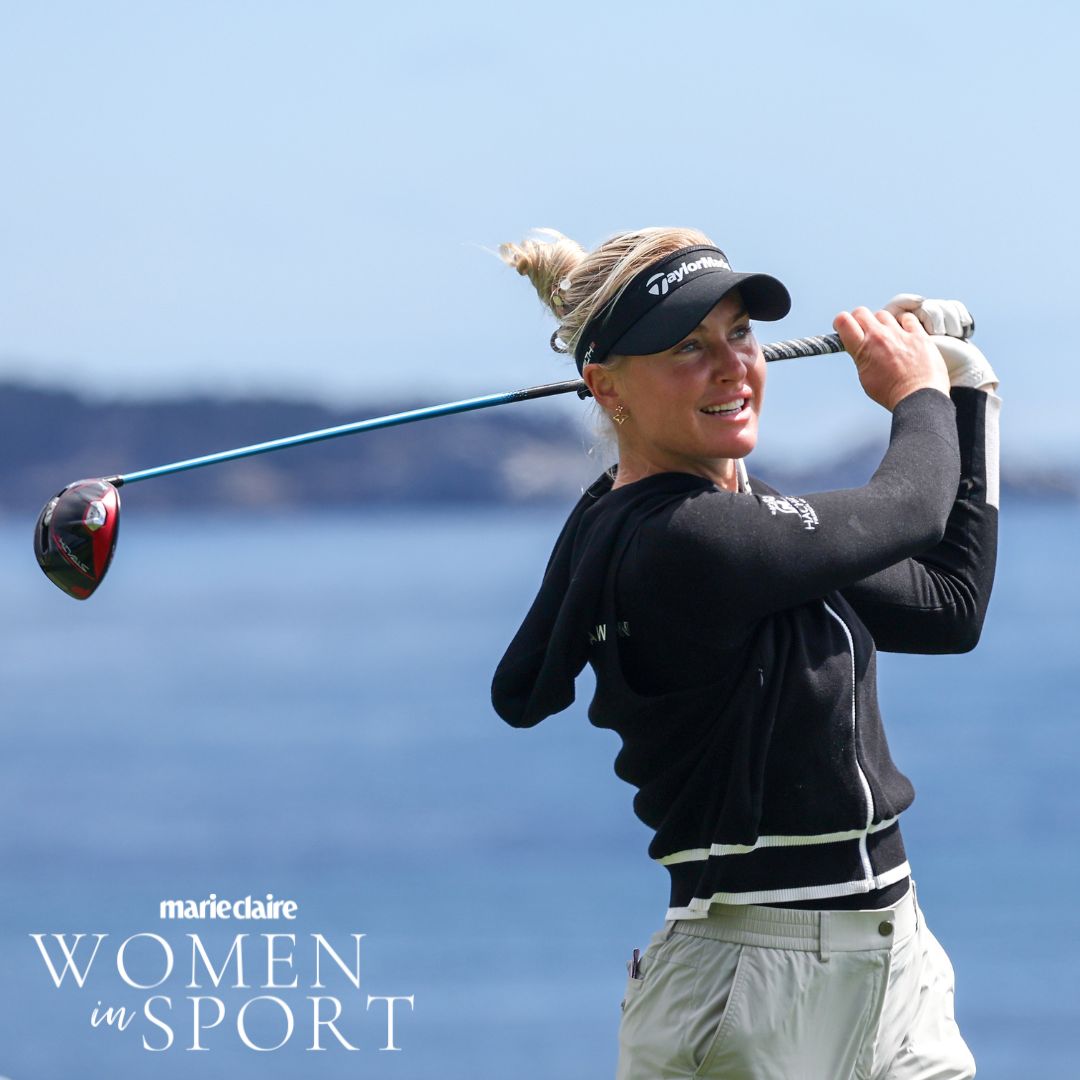 Charley Hull talks self care, confidence and the most pressing issues for female pro golfers today
Charley Hull talks self care, confidence and the most pressing issues for female pro golfers todayAs part of our Women in Sport special this summer, the British golf pro shares life lessons from her exciting career.
By Jenny Proudfoot
-
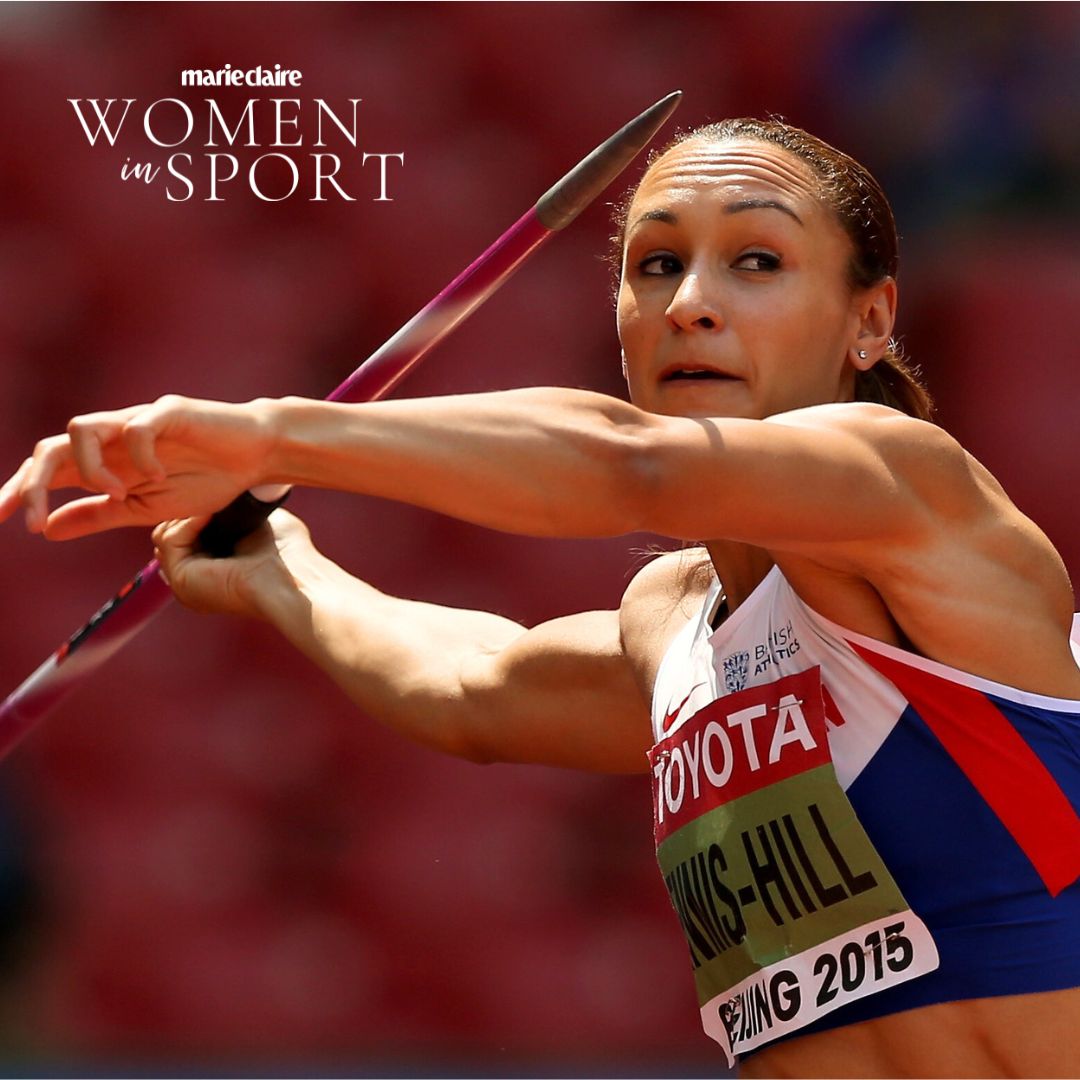 Jess Ennis Hill chats motherhood, menstrual cycles and investing in workout kit that makes you feel great
Jess Ennis Hill chats motherhood, menstrual cycles and investing in workout kit that makes you feel greatLife lessons from the three-time world champion.
By Ally Head
-
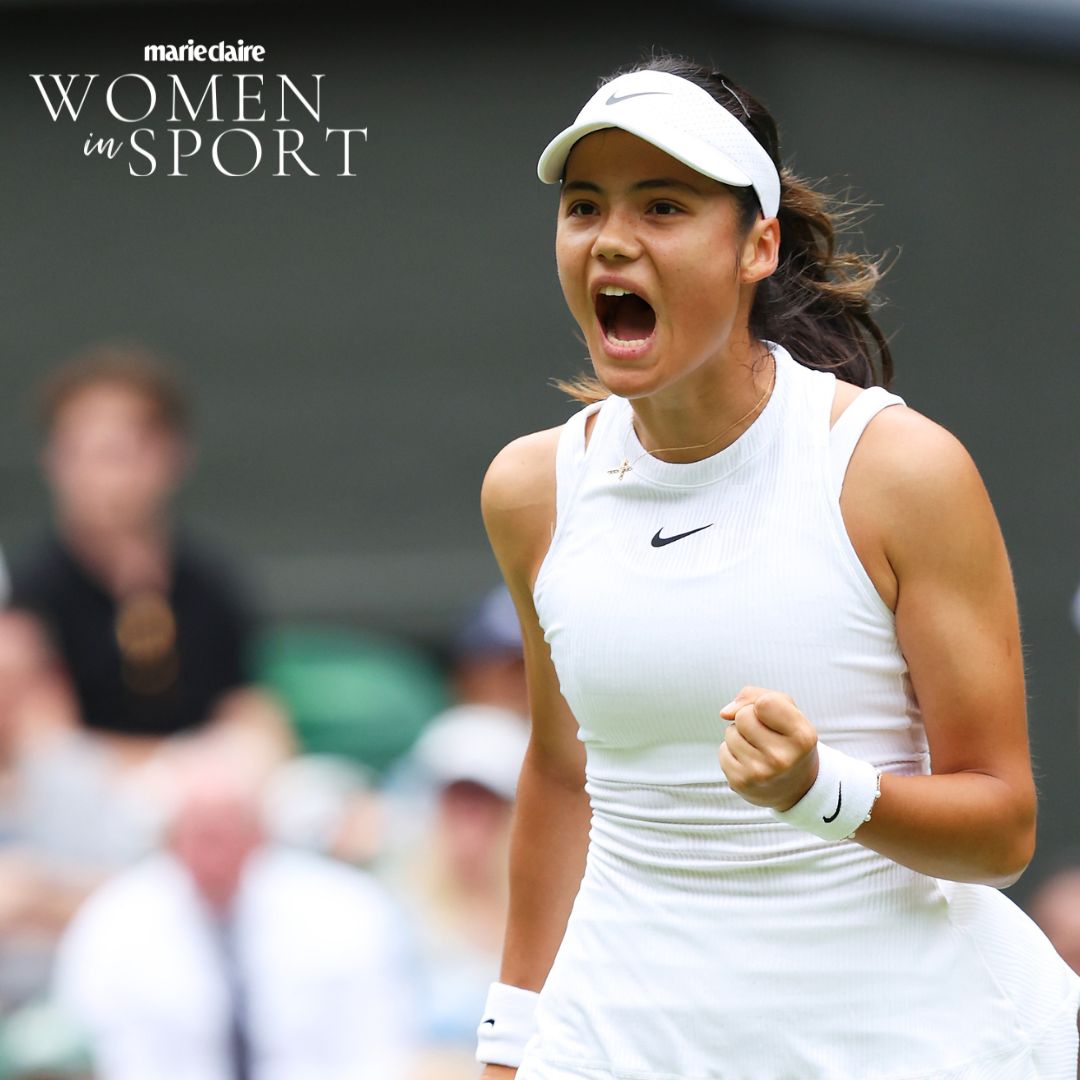 Emma Raducanu talks self care, bouncing back from injury and why there's more to life than tennis
Emma Raducanu talks self care, bouncing back from injury and why there's more to life than tennisAs part of our Women in Sport special this summer, the British tennis pro shares life lessons from her already triumphant career.
By Jenny Proudfoot
-
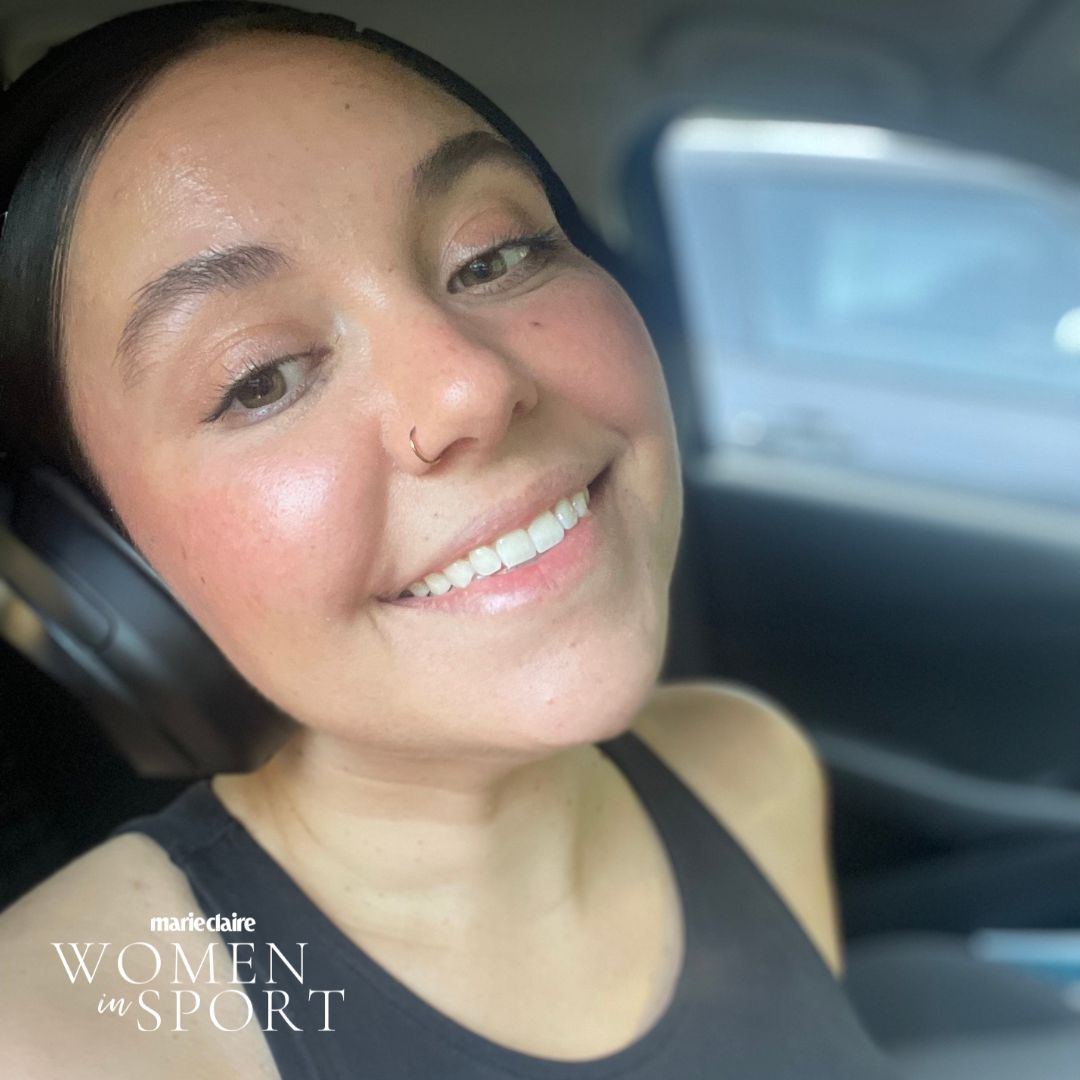 I trained like an Olympian – and have a newfound respect for their strength, agility, and motivation
I trained like an Olympian – and have a newfound respect for their strength, agility, and motivationBy Abbi Henderson